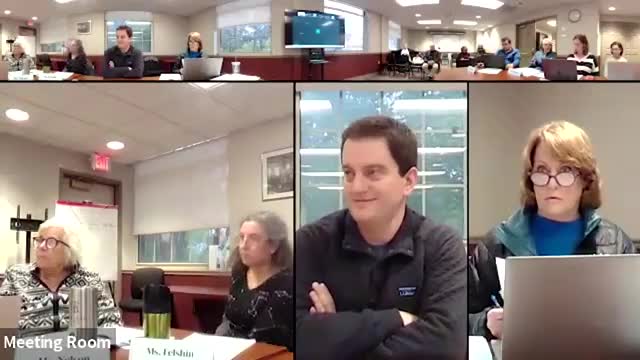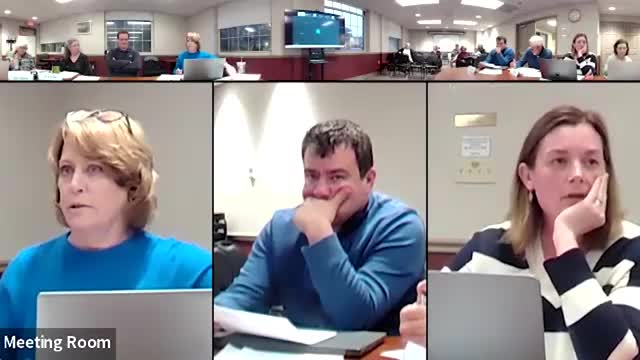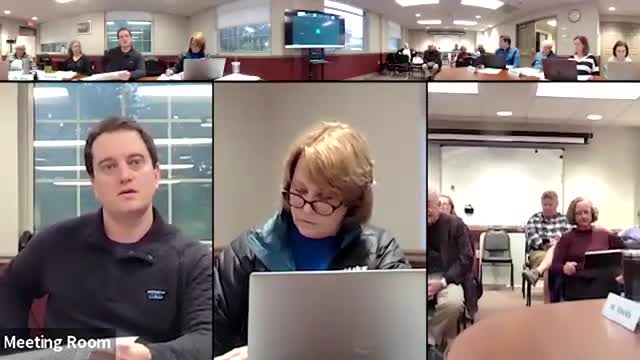Article not found
This article is no longer available. But don't worry—we've gathered other articles that discuss the same topic.

Planning Board approves revised wording to combined-business zoning amendment; will include explanation in briefing book

Planning Board defers recommendation on commercial-parking changes after robust downtown parking debate

